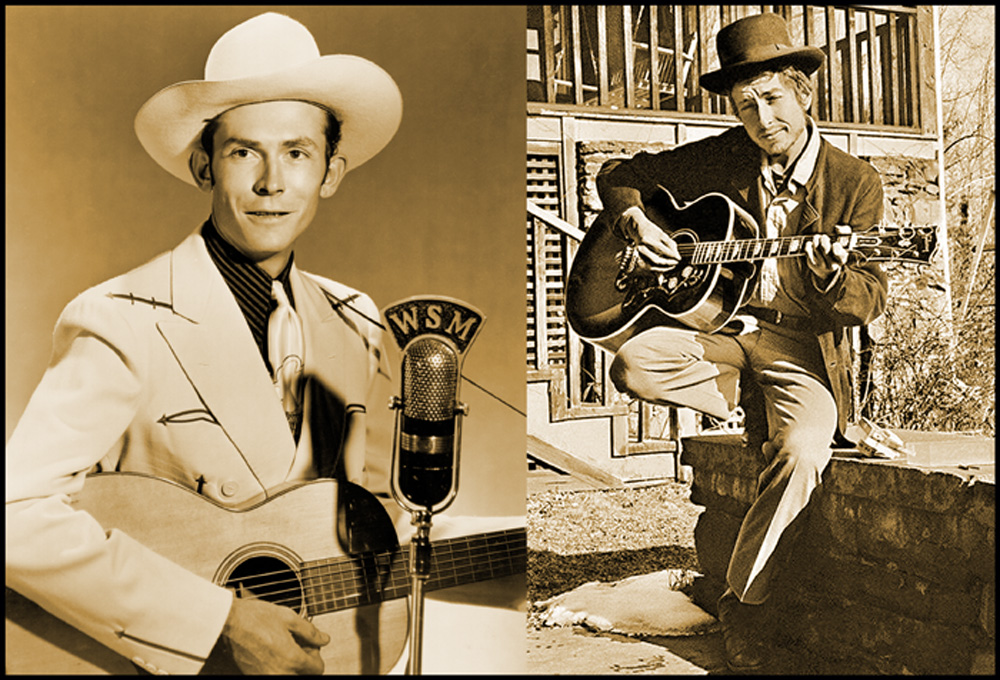 Bob Dylan covers Hank Williams
Bob Dylan covers Hank Williams
I believe in Hank Williams singing `I Saw the Light.’ I’ve seen the light, too.”
– Bob Dylan (1997)
Hank Williams was the first influence, I would think, I guess, for a longer period of time than anybody else.
~Bob Dylan (Bronstein Interview, Montreal, 1966)
I started writing songs after I heard Hank Williams.
~Bob Dylan (The Les Crane Show, Feb 1965)
If it wasn’t for Elvis and Hank Williams, I couldn’t be doing what I do today.
~Bob Dylan (to Robert Shelton, June 1978)
Bob Dylan has referenced Hank Williams in interviews, in books, and with music a lot of times. Williams was also mentioned in the liner notes on Dylan’s first two albums:
Bob Dylan (1962):
Bob Dylan started to sing and play guitar when he was ten. Five to six years later he wrote his first song, dedicated to Brigitte Bardot. All the time, he listened to everything with both ears — Hank Williams, the late Jimmie Rodgers, Jelly Roll Morton, Woody Guthrie, Carl Perkins, early Elvis Presley.
The Freewheelin’ Bob Dylan(1963):
Among the musicians and singers who influenced him were Hank Williams, Muddy Waters, Jelly Roll Morton, Leadbelly, Mance Lipscomb and Big Joe Williams.
Lets start with a lovely scene from “Don’t Look Back” (1967, D. A. Pennebaker) where Bob sings Hank Williams’ “Lost Highway” and “So Lonesome I Could Cry“:
“The songs of Woody Guthrie ruled my universe, but before that, Hank Williams had been my favorite songwriter, though I thought of him as a singer, first.”
– Bob Dylan (Chronicles)
Continue reading “Bob Dylan sings 11 Hank Williams songs” →
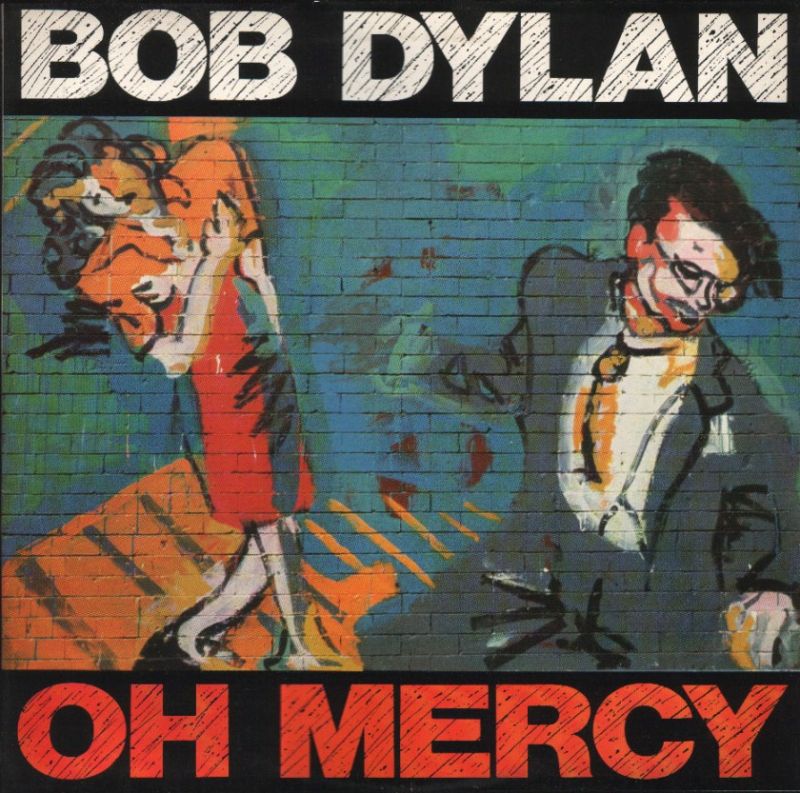
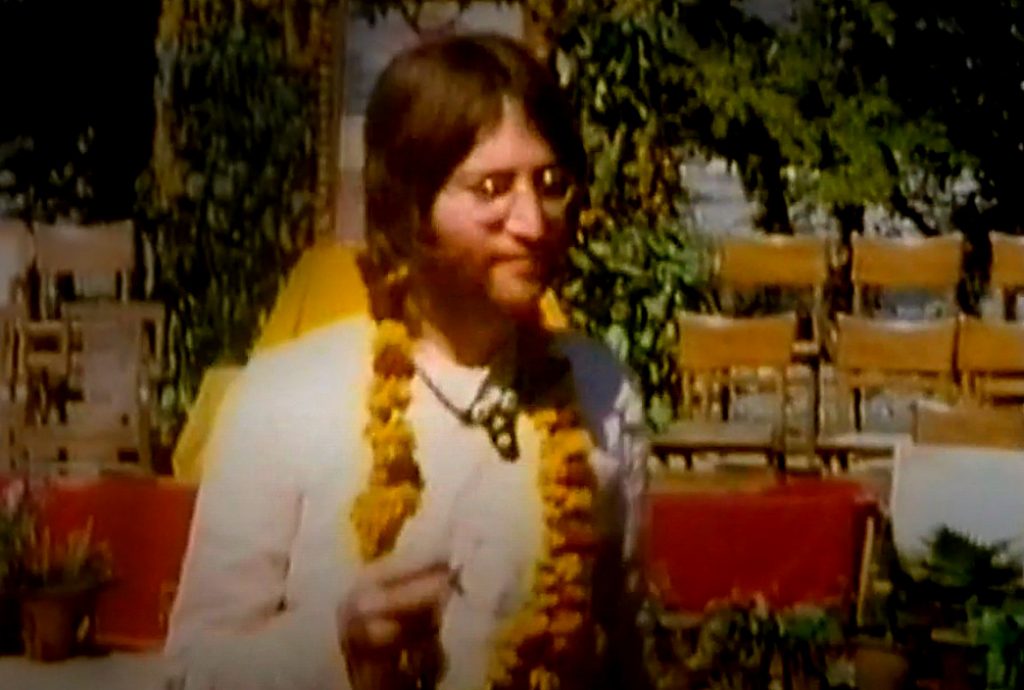
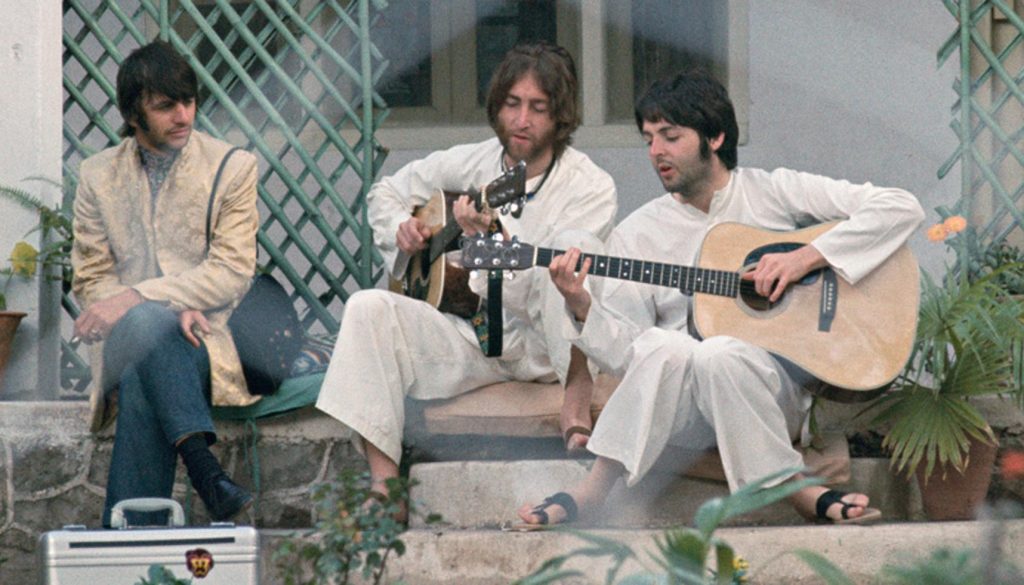

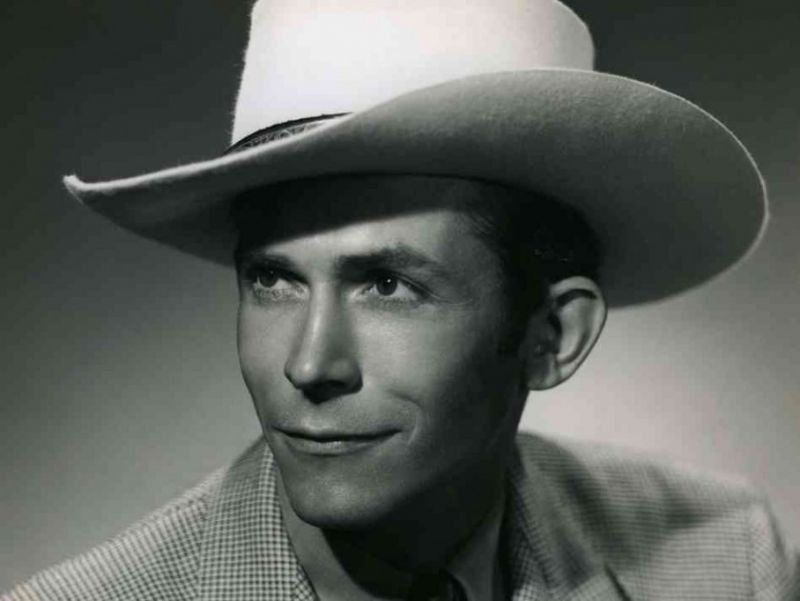
 Bob Dylan covers Hank Williams
Bob Dylan covers Hank Williams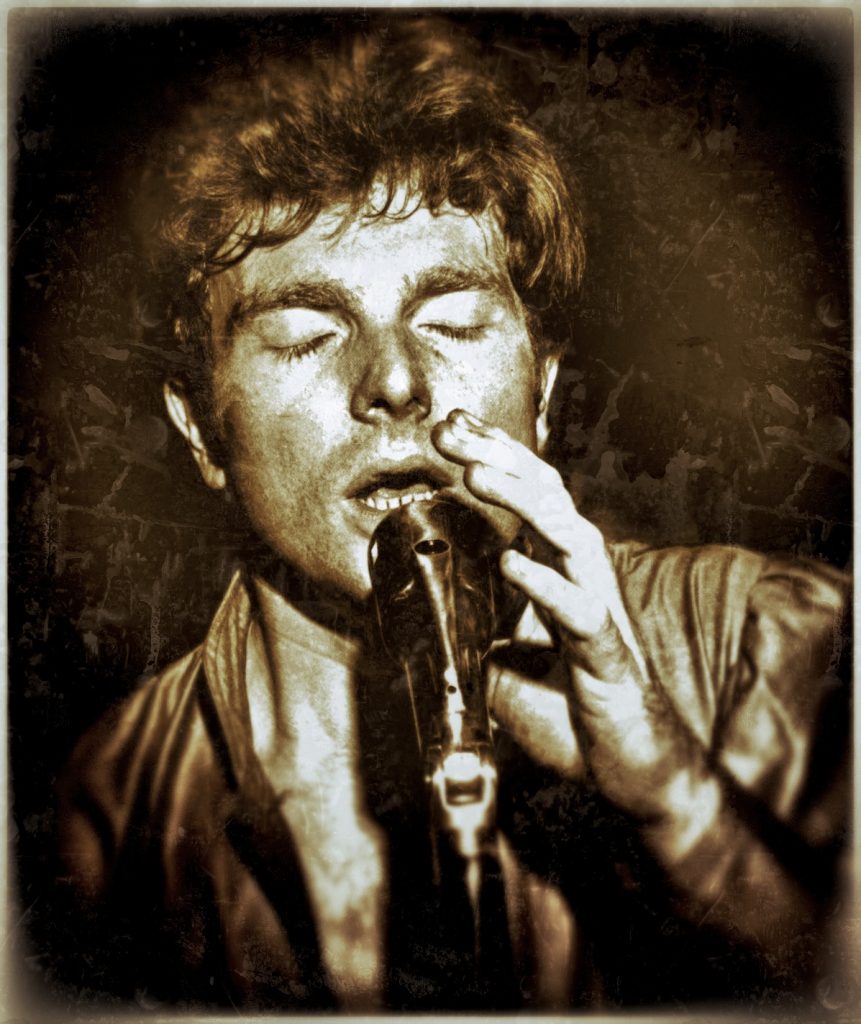 [vc_row][vc_column][vc_message message_box_color=”mulled_wine” icon_fontawesome=”fa fa-quote-left”]Now listen, Julie baby
[vc_row][vc_column][vc_message message_box_color=”mulled_wine” icon_fontawesome=”fa fa-quote-left”]Now listen, Julie baby